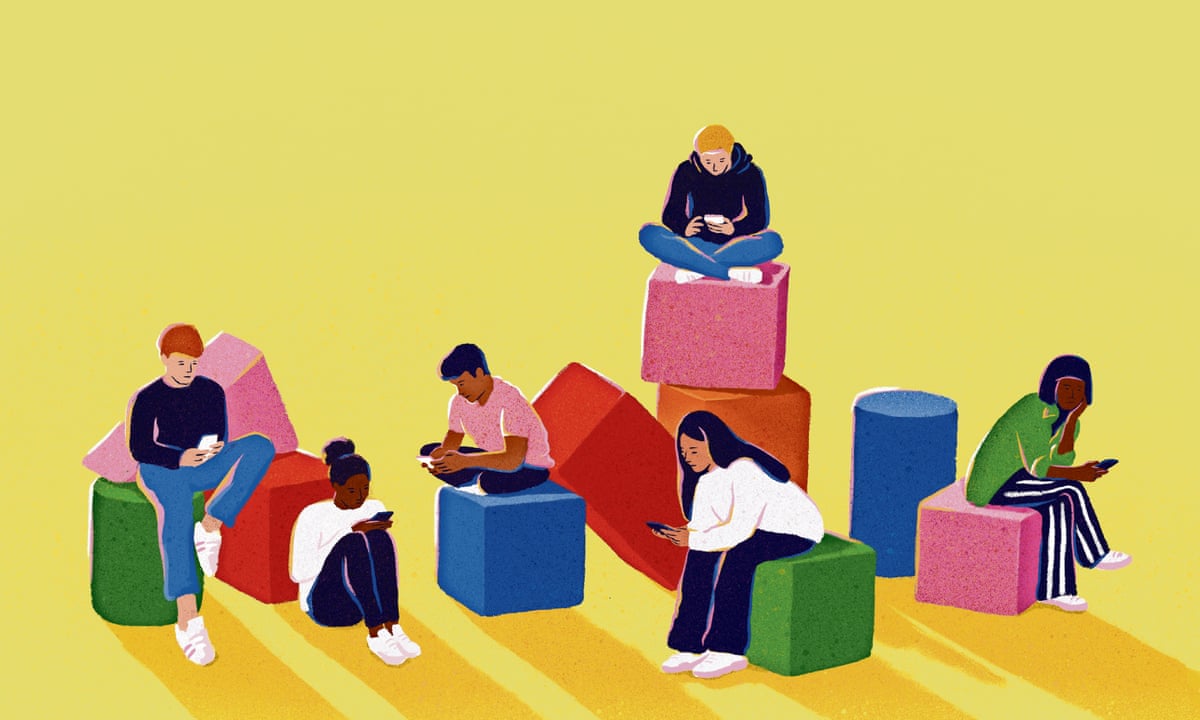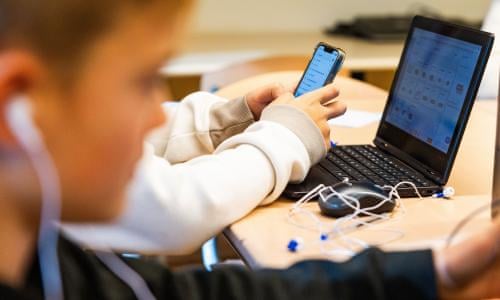Nurturing Digital Well-being: Addressing Generation Anxiety in the Smartphone Era
In the age of smartphones, Generation Z finds itself navigating a complex landscape of digital connectivity, social media pressures, and information overload. While these devices have undoubtedly revolutionized communication and access to information, they’ve also contributed to a concerning rise in mental health issues among young people. Dubbed “Generation Anxiety,” this demographic cohort faces unique challenges in maintaining their well-being amidst the constant barrage of notifications, comparisons, and online interactions. However, amidst the gloom, there exist avenues for addressing these challenges and fostering a healthier relationship with technology.
Read more:- How Gen Z Can Better Integrate Into The Workplace
Understanding Generation Anxiety
The term “Generation Anxiety” encapsulates the pervasive sense of unease and stress experienced by many young people today. Constant exposure to social media, unrealistic beauty standards, cyberbullying, and the pressure to curate a perfect online persona have all contributed to this phenomenon. Smartphones serve as both a catalyst and a conduit for these stressors, offering instant access to social networks while also intensifying feelings of inadequacy and FOMO (Fear of Missing Out).

The Impact of Smartphone Dependency
Smartphone dependency among Gen Z exacerbates mental health issues by fostering addictive behaviors and disrupting healthy sleep patterns. Studies have linked excessive smartphone use with anxiety, depression, and decreased self-esteem. The dopamine rush from likes and comments creates a cycle of seeking validation online, leading to a sense of emptiness when offline. Furthermore, the blue light emitted by screens interferes with the body’s natural circadian rhythms, contributing to sleep disturbances and fatigue.

Combatting Generation Anxiety
Despite the challenges posed by smartphones, there are several strategies individuals and society can employ to mitigate Generation Anxiety and promote digital well-being.
Digital Detox: Encouraging periodic breaks from smartphones can help restore balance and perspective. Designated “tech-free” times or activities allow individuals to reconnect with the physical world, engage in hobbies, and foster meaningful offline relationships.
Mindful Smartphone Use: Practicing mindfulness can help individuals become more aware of their smartphone habits and the emotional triggers that lead to excessive use. By cultivating present-moment awareness, individuals can make intentional choices about when and how they engage with their devices.
Read more:- According to Gen Z their phone is giving them anxiety! Is it true?
Setting Boundaries: Establishing clear boundaries around smartphone usage is essential for maintaining mental health. This includes limiting screen time, disabling notifications during certain hours, and creating phone-free zones in bedrooms and dining areas.
Promoting Digital Literacy: Educating young people about media literacy and the psychological effects of social media can empower them to navigate online spaces more responsibly. Teaching critical thinking skills helps inoculate against the negative impact of digital misinformation and unrealistic beauty standards.
Fostering Supportive Communities: Building supportive communities both online and offline provides a buffer against the negative effects of social media. Encouraging open dialogue about mental health and creating safe spaces for expression fosters a sense of belonging and connection.
Leveraging Technology for Good: While smartphones can contribute to Generation Anxiety, they also offer innovative solutions for mental health support. From mindfulness apps to online therapy platforms, technology can be harnessed to provide accessible resources and interventions for those struggling with mental health issues.
We’re now on WhatsApp. Click to join.
Conclusion
Generation Anxiety represents a significant challenge facing young people in the smartphone era, but it is not insurmountable. By adopting a multifaceted approach that combines individual actions, societal initiatives, and technological innovations, we can cultivate a healthier relationship with technology and promote digital well-being. By prioritizing mental health and fostering resilience, we can empower Generation Z to navigate the complexities of the digital age with confidence and clarity.
Like this post?
Register at One World News to never miss out on videos, celeb interviews, and best reads.









